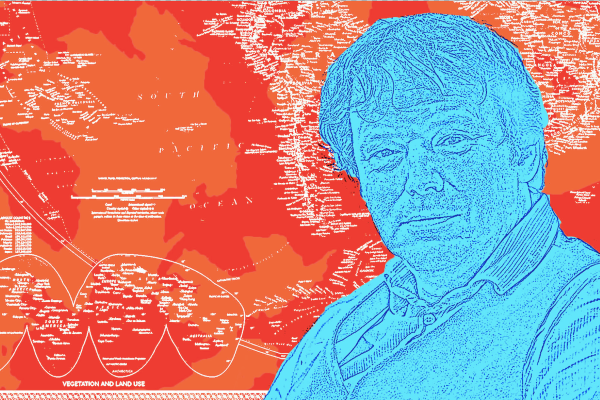

We will explore: anthropological theories and practices of democracy the power of the state social movements and the anthropology of politics, culture and power.

In turn, some anthropologists have taken up militant ethnography, a burgeoning approach to qualitative research that is consciously politicized, enabling activist-researchers to engage directly with radical social movement(s). Anarchist thought and practice has left its mark on a series of high-profile social movements over the past few years, such as the uprisings in the Arab world, indigenous autonomous zones in Latin America, Occupy Wall Street, and Black Lives Matter. This includes developing methods for radical critical engagement with and understanding of social processes. Thus, he calls for the need to create a body of social theory gravitating around anarchism.

In Fragments of an Anarchist Anthropology, David Graeber suggests that anthropology shares a particular affinity with anarchist theory because of its history of with working within "stateless" societies and how it accounts for the range of human possibilities in terms of social organization, power, and authority. Today, anthropology is better known as a discipline that still grapples with its colonial past more than as a discipline that has an affinity with anarchy.
#David graeber anarchist anthropology archive#
Summer Session Winter Session Home Archive SearchĪnarchist Anthropology and Militant Ethnography AMST 319 Anarchist Anthropology and Militant Ethnography AMST 319 WesMaps - Wesleyan University Catalog 2018-2019


 0 kommentar(er)
0 kommentar(er)
